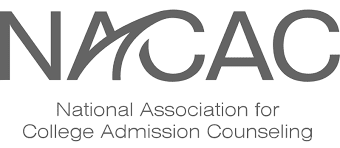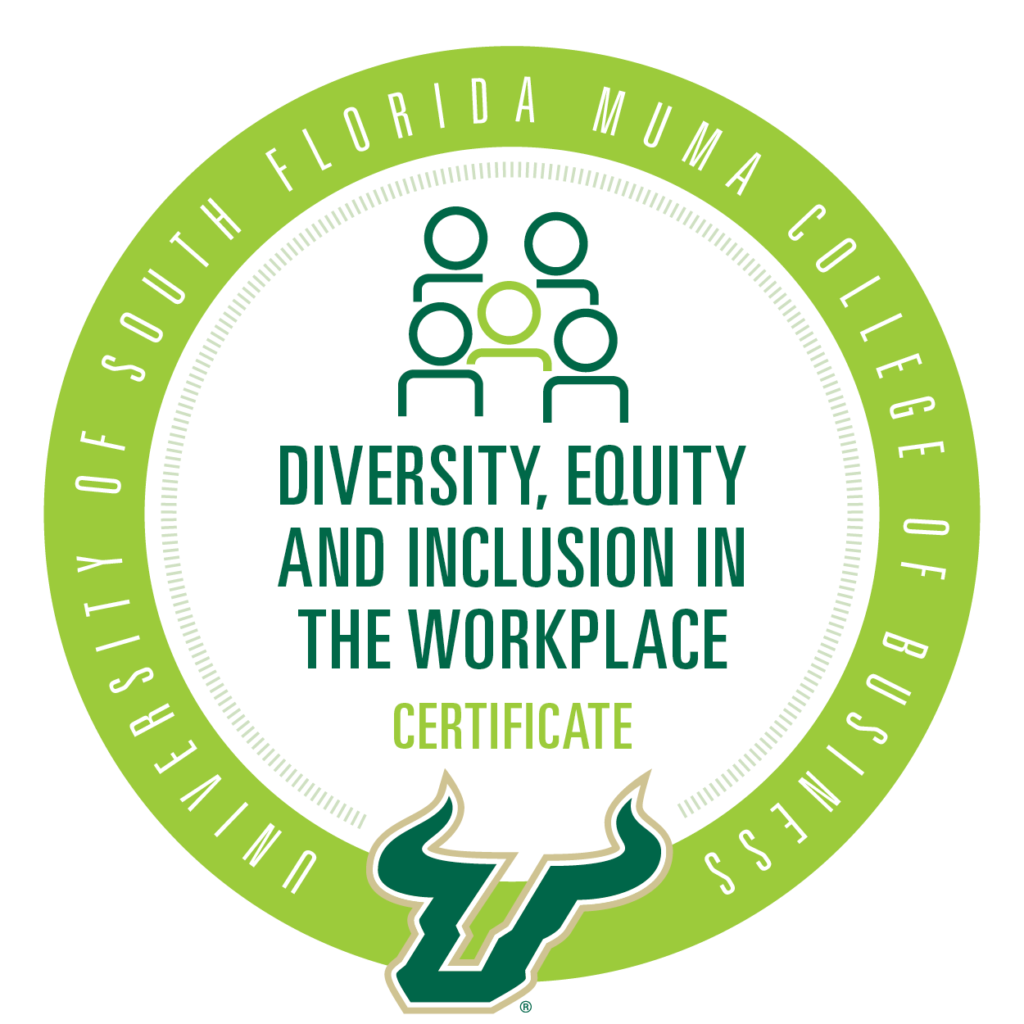Applying and going to college is a big time of change for students and their families, and can include both new challenges and new opportunities. Piecing together the puzzle of what will be best for a student is always complicated, and for LGBTQ+ students that puzzle has even more pieces to consider.
College is a time when LGBTQ+ students can learn to understand themselves better, meet people they relate to, and be a part of the community in ways they may not have been able to before. There are a lot of positives to look forward to, but also some potential negatives that students need to be informed and careful about. LGBTQ+ youth are 4 times more likely to attempt suicide because of the bigotry they face, so in this new chapter of their lives, it is vital that students are supported and in a safe and respectful environment. In this new monthly series, I will be sharing information and advice for LGBTQ+ students and their families as they apply to and attend college. This first entry will cover some of the important factors transgender students should keep in mind when researching and applying to colleges.
From picking what schools will support them best to the logistics of what name goes where on paperwork, college applications can feel particularly overwhelming for trans students. Luckily, with the resources and guidance available this can be a time of excitement instead of anxiety. These are some helpful reminders for what to look for in a school, and what to remember when filling out applications and paperwork.
Picking the right schools:
Different schools will have very different policies regarding LGBTQ+ students, so one of the most important factors to look at when picking schools to apply to is if the school respects, supports, and protects their transgender students. Campus Pride has a wonderful online list of LGBTQ+ friendly colleges you can check out at HTTPS://www.campuspride.org/2020bestofthebest. Each entry includes detailed information on each school ranging from the institution’s statements on support for LGBTQ+ students to housing situations, to if they have health and counseling staff that are trained to be trans-inclusive.
Many schools also have opportunities for prospective students to be connected to current students and ask them about their experiences. Regardless of if the student you are talking to is trans or not, those conversations can be a good time to learn about what life for trans students is like at the school. It may feel awkward to ask a student if they know of any school groups for trans students or if have seen teachers be respectful (or disrespectful) of chosen names and pronouns, but it is a great chance to know not just what the school’s policies are, but the reality of what students are observing on campus.
Another major consideration is if a school is in a ‘safe state’ for transgender people. Laws regarding trans people vary a lot from state to state, and even if a school has good policies that students and faculty members must follow, it is important to be informed about the legal practices of the state the school is in. The Human Rights Campaign has ‘state scorecards’ for LGBTQ+ policies and laws that are a great way to learn about the risks and protections for transgender people in different states. On https://www.hrc.org/resources/state-scorecards you can select a state and see details on the current public accommodations, anti-discrimination laws, hate crimes, and more.
Filling out applications and paperwork:
Many applications now have designated spaces where you can add a chosen name and pronouns, and if you choose to share that information that can be a great way to minimize misgendering and/or deadnaming during the application process. While the inclusion of trans students by having places on applications to add those details is wonderful, you do need to remember that paperwork like applications and forms for loans are legal documents. Any place on the paperwork that does not specify that it is looking for a chosen name or the gender that the student identifies with most likely needs what is currently on legal identification paperwork (such as a legal name or gender marker that is on a birth certificate or state ID). While it may not be information you are excited to share, writing a chosen but not legal name in the wrong spot could technically be fraud, so it is important to double-check exactly what information specific paperwork is asking for.
Remember that even though this process can be stressful, it is the start of something wonderful!
This process may be complicated and overwhelming at times, but it is also the first step to amazing new life experiences! College may be the first time a trans student has classmates who don’t know their dead name or friends who don’t remember how they presented before coming out as trans. They may meet other trans students who understand their experiences, or even have openly trans teachers who both understand what they are going through and serve as a reminder that trans people can succeed and thrive despite the challenges they face. Choosing schools, filling out and sending in applications, and waiting to hear if you were accepted to a college can be stressful, but you are about to experience firsthand the process of an amazing trans teen becoming an amazing trans adult.
There are a lot of important topics to cover for LGBTQ+ students as they enter college! Next month I will be focusing on what to do if a professor refuses to use a trans student’s preferred name and pronouns.
Citations:
1 “Facts about LGBTQ Youth Suicide.” The Trevor Project, 25 Oct. 2022, https://www.thetrevorproject.org/resources/article/facts-about-lgbtq-youth-suicide/.








